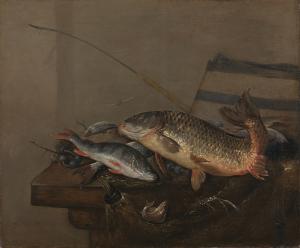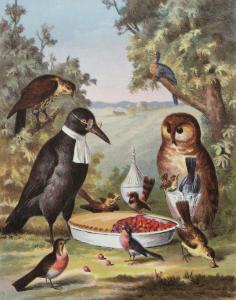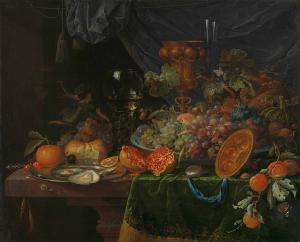Time and time again, I find myself disturbed by the prevalent notion that food is merely “fuel” for our bodies. It seems as though we have reduced ourselves to mere machines, requiring quick, efficient, and cheap servicing, much like motor vehicles. Food, once a source of nourishment and celebration, has been reduced to a mere commodity in our lives. We prioritize brand, price, and convenience, losing sight of the deeper meaning and significance of what we consume.

In Fyodor Dostoevsky’s masterpiece, The Brothers Karamazov, he masterfully exposes the flaws and moral ambiguities of this utilitarian mindset. The characters’ relentless pursuit of personal pleasure and convenience consistently leads to destructive consequences. Dostoevsky sheds light on the potential dangers of prioritizing immediate gratification over ethical considerations, neglecting the well-being of others, and forsaking the beauty of interdependence between all created beings, be they human or non-human.
However, amidst this grim portrayal, there is a glimmer of hope embodied in the character of Father Zosima, a spiritual guide in the town’s monastery. Zosima serves as a counterpoint to the prevailing utilitarian mindset. With profound wisdom and deep empathy, he presents a more holistic and interdependent worldview. Drawing from Christian teachings, Zosima emphasizes the interconnectedness of all creation, urging individuals to embrace their responsibility towards others.
Zosima eloquently reflects, “God took seeds from other worlds and sowed them on this earth and made his garden grow, and everything that could come up came up. But what grows lives and is alive only through the feeling of its contact with other mysterious worlds. If that feeling grows weak or is destroyed in you, then what has grown within you will also die. Then you will become indifferent to life and even grow to hate it. That’s what I think.”
Sadly, the lens of utilitarianism, which we often apply to our eating habits and pursuit of convenience, blinds us to the flourishing of those involved in the food production and distribution chain. We overlook the environmental impact of our consumption habits and disregard the rights and welfare of the animals that provide our sustenance. In stark contrast, Christian teachings implore us to consider the welfare of others, to be mindful of the consequences of our actions, and to make choices that promote justice, sustainability, and the flourishing of all creation.

Renowned gardener and author, Fred Bahnson, beautifully articulates this perspective in his book Making Peace with the Land, stating, “Food is not a product; it is not ‘fuel for the machine.’ It is not a commodity or a reflection of our technological ingenuity. It is, before everything else, an unearned gift from God, manna from heaven, a blessing.” Food is so much more than a mere product; it is a gift—an extraordinary one at that. In fact, it is the first gift bestowed upon creation. With a careful reading of Genesis 1, we witness God’s creative work—his hovering, naming, and making. Yet, it is at the culmination of this magnificent account, in reference to food, that God gives.
When we recognize food as a gift, it becomes a tangible expression of God’s boundless love for us. It embodies His grace, provided for the well-being of all creation.
Every time we take a bite, we partake in a profound web of relationships that connect us to soil, lemon thyme, water, sun, farmers, and friends. Thoughtful eating honors and nurtures these relationships, acknowledging the intricate connections that sustain our lives. Conversely, mindless consumption demeans and degrades the sources of nourishment that make our existence a possible feast.
Let us reclaim the delight of eating thoughtfully.








